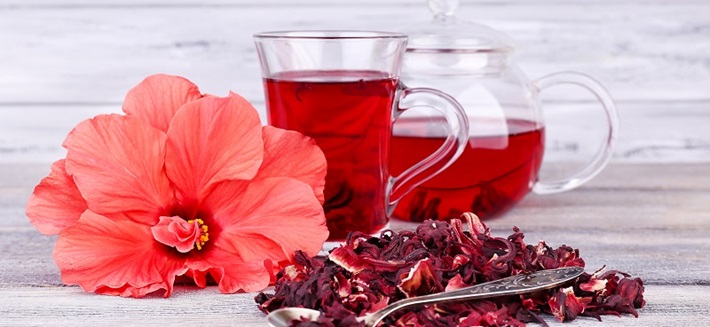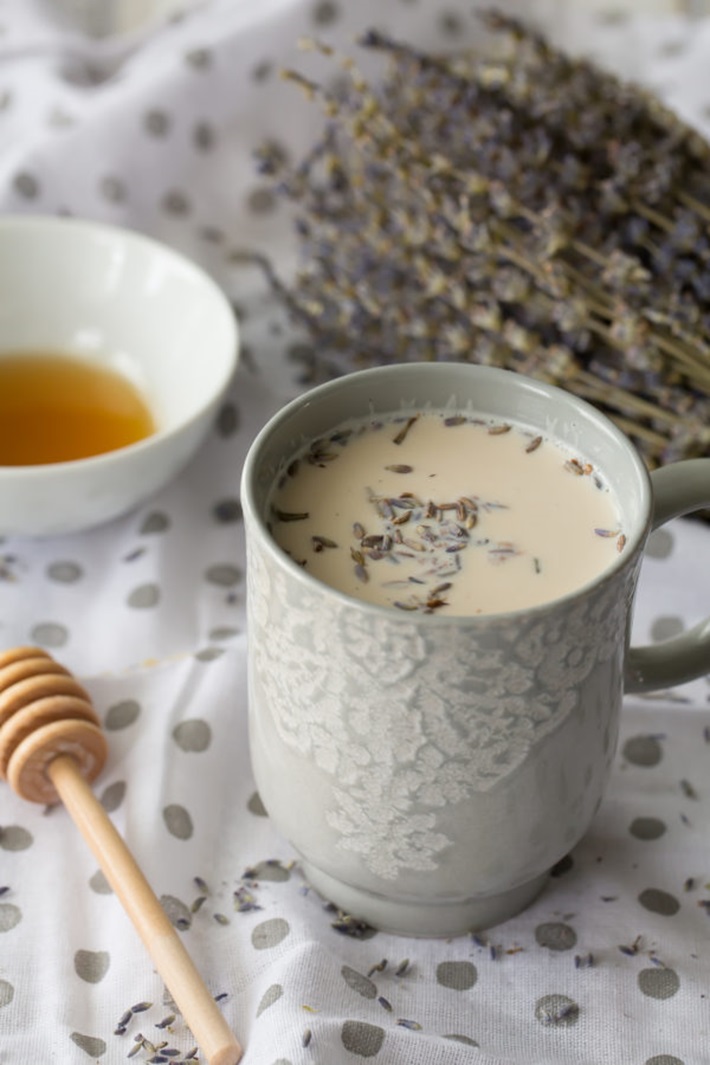There’s nothing quite like the aroma of freshly brewed coffee in the morning—it’s undeniably one of the most beloved beverages worldwide. However, tea holds its own as a popular contender, offering health benefits that often surpass those of coffee.
The primary difference lies in caffeine content. Coffee beans pack a significant amount of caffeine, while tea contains much less, making it a gentler and healthier alternative for daily consumption. Beyond caffeine, tea is rich in amino acids and is renowned for its potential to improve overall health. Regularly enjoying a cup of tea can help lower cholesterol, boost metabolism, and support respiratory health. Many tea varieties are especially beneficial during colds or flu, providing soothing relief and aiding recovery.
That said, moderation is essential. While tea offers numerous health benefits, excessive consumption—particularly of caffeinated teas—can diminish its advantages. To enjoy tea responsibly, stick to moderate amounts and consider caffeine-free options if you’re aiming to minimize your caffeine intake.
Ultimately, whether you’re sipping on a comforting herbal blend or enjoying a classic green tea, this versatile beverage can be a wonderful addition to your daily routine. So, explore the wide variety of teas available and discover the perfect brew to suit your taste and lifestyle.
What Is Decaf Tea?

As the name suggests, decaf tea is tea with significantly reduced caffeine content due to a specialized manufacturing process. This makes it an ideal option for enjoying tea throughout the day without worrying about excessive caffeine intake.
Research suggests that switching to tea decaf offers several health benefits, including improved bladder health and reduced frequency of urination undergoing a decaffeination process, decaf tea retains many of its beneficial properties. It can support digestion, help reduce bad cholesterol levels, and the immune system. Additionally, its lower caffeine content makes it a great choice for those sensitive to caffeine, helping improve sleep quality and aiding those who struggle with caffeine-induced sleep disruptions.
How Is Tea Decaffeinated?
Tea is decaffeinated using four primary methods, with one being the most widely used in the industry. These methods ensure caffeine is reduced while maintaining the flavour and health benefits of the tea.
Switching to tea decaf can be a simple yet impactful way to enjoy the benefits of tea without the drawbacks of caffeine. Whether you’re looking to improve sleep, digestion, or overall health, decaf tea offers a flavorful and health-conscious option for tea lovers.
Carbon Dioxide
This is one of the most commonly used methods for removing caffeine from this beverage because it is Eco-friendly and has no chemicals during the process. The best thing of all is that during this process, tea will maintain its health benefits and flavour which is crucial.
During this process, the tea leaves are mixed with carbon dioxide and are subjected to temperatures and high pressure until the carbon dioxide turns into a solvent which has the purpose of attracting caffeine molecules. The thing that keeps the tea to maintain its taste, flavour and health benefits is its larger flavour molecules, antioxidants and caffeine molecules.
Ethyl Acetate
This process of decaffeinating tea is known as natural because ethyl acetate is naturally found in tea. This chemical is used as a solvent where caffeine is extracted by soaking the leaves in ethyl acetate, soaking the water used for removing caffeine in methylene chloride and then returning it to the tea to reabsorb a certain amount of the flavours and oils.
Methylene Chloride
The process of decaffeinating tea with methylene chloride is the same as with ethyl acetate with the main difference being in the used chemical, in the case methylene chloride. When comparing all of these processes, it is believed that this one is the least healthy which is why in some countries it is even forbidden from being used.
Water Processing
Even though this method is mainly used for decaffeinating coffee beans, it is also used for decaffeinating tea. During its process, the leaves are soaked in hot water and after a time passed through a carbon filter for caffeine removal. After this, the water is added to the leaves so that they can re-absorb the oils and flavours.
Is Decaffeinated Tea Good for You?
Indeed it is, especially for those of you who want to reduce caffeine intake. Even though the decaffeinated one might not be as potent as the regular tea, it still contains some health benefits from which you can benefit.
Popular Types of Decaf Tea

Black Tea
This tea is known for its robust taste and is perfect for those of you who love similar tastes. Given the fact that this tea is high in caffeine, keep in mind that it won’t be entirely rid of caffeine no matter the decaff process.
Sencha Tea
Sencha also known as China green tea comes from the Camellia Sinensis tea bush is a clear and light type of tea with freshness in its taste which makes it perfect for those who don’t like strong teas.
Earl Grey Tea
This is a balanced type of tea characterised by its bold bergamot note in its core and decaffeinated Ceylon tea. In other words, this is a blend of bergamot, black and green tea which will give you the needed dose of energy to keep you refreshed and focused without consuming caffeine.



